The Ridgeway
Seen from a distance, the ridgeway resembles a long, grey, sleeping snake, Kipling’s “blunt, bow-headed, whale-backed Downs”, or a tidal wave frozen in time. I can see it from my living room window: a long, thin strip of downland rising up from the horizon which separates the flat expanse of the Sussex Weald, where I live, from the sea.
Like the rest of the South Downs, the ridge is formed from a thick band of chalk, deposited 66–100 million years ago and made up entirely of the microscopic skeletons of plankton which fell to rest on the bed of an ancient, pristine sea. Their compacted and fossilised remains lend the chalk its distinctive white colour, telling a story which spans millions of years of life on earth.
I’ve walked the ridgeway before, or sections of it, several times. But I am always drawn back to the same places. Up here, in the land of ghosts and giants, I can escape the clutter and busyness of life below. Away from the roles of mother, wife and adult, I can just be me.
At the top of Firle Beacon, the landscape spreads out before me like a great prayer mat. The hills slope down towards the sea to one side and the fields, villages and woods of the Weald lie to the other. At least six thousand years of human footsteps have walked this way; millennia of hooves and paws forged tracks before that. The surroundings are dotted with tumuli and ancient neolithic burial mounds, a thin line of blue haze wraps the horizon, and a brisk breeze is blowing in off the coast.

I moved to Sussex when I was eighteen, and although I didn’t know it at the time, my sister, mother and grandmother would all eventually follow. I was in my mid twenties when, following a difficult divorce from my father, my mother moved here. I helped her find a house, and painted the walls for her when she moved in. Cream, white, a dark pink feature wall. She planted strawberries and lavender in the back garden. I hoped she would be happy there.
Seen on a map, the three villages in which my grandmother, my mother and I now live — Hellingly, Rodmell, and Alfriston — lie in a roughly triangular formation. My village is connected to my grandmother’s via the Cuckmere River, a waterway once known as ‘Snake River’ which winds through the countryside until it meets the sea at Cuckmere Haven. During pandemic lockdowns, on daily walks, I used to stand on the old bridge in Hellingly and send love along the river to my gran in her care home. The river, in the natural way of flowing water, always seemed obliging.
Now, in the space of a few hours, I am walking from my mother’s village to my grandmother’s along the spine of the ridgeway which bridges the two together. I reflect on the curiousness of how, despite not being ‘from’ here, we’ve ended up like this, connected and separated by features in the landscape, our relationships symbolised by both ancient geology and coincidental sacred geometry.
I think of my mother’s house to one side, and my grandmother’s to the other. Of all the fracture. I look out over the Weald below, once a great forest which stretched across the whole of South East England, now carved up, smothered in tarmac, blasted with nitrates and pesticides, littered with ugly new developments – and yet still so rich in wildlife and beauty that I can only imagine what it must have been like before.
I think of the oppression of the land and the cultural atmosphere of female oppression, upheld by powerful forces beyond my control. The disregard, disrespect and poisoning of Mother Earth, and the subsequent chain reactions of disintegration and breakdown, lodged and mirrored in all of us. We are the ecosystems we also inhabit and observe. And I’ve been carrying the pain of a broken relationship with my mother, and a broken world, for a long time.
I feel the loss of the old, animist ways — but something in me has not forgotten. The land herself is whispering, inviting me to remember.
And so I reply.
I sit down, the weight of my body heavy on the porous chalk hillside. The sky above is a soft wash of grey, and the chalk grassland feels cool and downy against the bare soles of my feet. When the wind falls quiet for a moment, I ask the land if she will help me transmute this pain into something nourishing, alchemise it into growth, help me to let go and move on.
I feel held, as though the land is helping me to accept and honour my sadness, absorbing it into the earth a little, carrying it away on the winds. I remember something I often say to my own children: “It’s OK to be sad.”
Even with all the destruction and chaos of the world below, up here a bee is ecstatically pollinating a patch of red clover. The skylarks are in full staccato song. A buzzard is soaring high above the land on a fine oceanic breeze and a single shard of sunlight is breaking through the clouds, pooling in a luminous silver puddle where the light meets the surface of the sea.

The Forest
It is May time, warm and verdant. After the high winds and sea air of the exposed hilltop, the Cuckmere Valley feels calm and yielding, a balm. The river is a green glass snake. Lush grasses, reed beds and wildflowers billow from the banks and the water is spotted with day-trippers aboard kayaks and paddle boards. As I amble along, a gentle rain begins to fall, rendering the river into a mesmeric universe of ripples.
From here the South Downs Way continues along the watercourse to the sea, but it’s also possible to cut through the forest and rejoin the path further along, over the cliffs. Without thinking about it too much, I turn off the Way and head for the cover of the woods.
Friston Forest is a young forest. Planted in the 1930s and 40s mostly with beech owing to the chalk and limestone soil, the trees have matured now into a natural cathedral.
The rain falls steadily as I go deeper. Away from the paths and the few other walkers, I find myself at the base of a towering beech tree, bark of smooth wet pewter. I breathe deep and a rich, earthy smell of fresh rain on soil and mycelium fills my lungs. After a bone dry April, the forest is breathing. The rain is watering me too, gently washing any heaviness down towards earth and root.
The downpour patters on sycamore leaves. Puddles form and sparkle in emerald gullies of moss. A carpet of ferns and bluebells bobs and glistens on the woodland floor, and above me the canopy is a giant umbrella, almost impossibly green. Everything is dancing and growing in the rain, freshened and vitalised by the shower, alive with the wild verdant magic of Beltaine.
I close my eyes and listen to the symphony of birds, the song of the rain as it falls on the leaves, and the rhythmic flow of my own breath. But I don’t keep my eyes shut for long. In the tranquility, peace and wonder of the rain-drenched forest, I am in the presence of the Goddess, and it is too beautiful to look away.

There is a great deal of shame around estrangement in our culture. The story, for women at least, is that we should stick with our mothers no matter how they treat us, that “blood is blood.”
I remember the layering of events which exerted a kind of weight on the delicate strands of our relationship, stressing them and pulling them apart. The years of anger, sadness and confusion. Until one day, the thread just snapped.
Estrangement is a last resort. It is also its own kind of grief. I understand that my mother never received the support she deserved, and I hope for healing; after all, grief is always a sign of a deep and precious love. Meanwhile, I found solace in the world of nature: the trees, rivers and hills which seemed to offer me the comfort and support which I craved during one of the most vulnerable seasons of my life.
In dreams I am standing on the seashore, calling to my mother, wanting to show her a magnificent, glittering cosmos sky. But she has her back turned and her head down, and she can’t hear me. So I curl up in a womb-shaped cavity in the rocks, and I let the waves and the sea foam slowly wash over me until they cover my body, my face, and finally, the whole of me.
I write a poem:
Without You
Because I was born from your waters
and the first music I ever heard
was your heartbeatBecause the essence of you
flows through my cells like a river
and the memory of your face
is etched into my soul
the way my heart
knows the inside
of my chestBecause you were my world, once —
my earth, my first beloved home —
there can be no me
without youand yet now,
between us,this great forest

The Cliffs
Later, I climb a huge, wooden-fronted staircase and emerge from Friston Forest on to a hillside. It is afternoon now, and the rain has cleared. The estuary of the Cuckmere River spreads out before me like a serpentine mirror, reflecting the light of the sky, and the air is crisp and wonderful after the deluge, giving the world a vivid, crystalline sheen.
I am in a magic mosaic of habitat. Chalk grassland, salt marsh, saline lagoons, vegetated shingle, a tidal river, an oxbow lake (the meander) and maritime cliffs. I walk through hawthorn groves and gorse thickets alive with butterflies, up through open fields, out into the land of the skylark. Pale yellow primroses and bluebells shimmer in the meadows. The sea is sparkling blue and a light aeroplane is doing loop the loops high up in the sky.
Remembering I have some liberty caps in my bag which I picked last autumn, I sit down on an ancient barrow and eat three dried mushrooms: a small, probably unnoticeable dose.
The Seven Sisters are chalk sea cliffs, Toko Pa Turner’s “strong and silent cliff people,” described by Robert Macfarlane as “strung out like a line of washed and pegged sheets.” The walk across them, the final stretch of the South Downs Way, is a series of giant, undulating waves which have steep unmarked pathways, no fences, and an ever-present death drop straight down into the English Channel. Aware of the few accidents and suicides which happen here every so often, I stay well away from the edge. The eroding cliffs are prone to breaking off without warning, especially in the spring.
It feels exhilarating to be out here, up high, close to the sky. It might be the mushrooms or the action of walking or both, but my thoughts take on a calm, unintrusive quality. Instead of sitting heavily, they blow through my mind like puffy white clouds, floating through the air.
I stop for a rest atop Bailey’s Hill, in a soft patch of grass enclosed by gorse, where I eat sandwiches and apples and rest my legs. For the first time after a long Covid winter, it is warm enough to lie with my eyes closed, my back on the grass and my belly out, soaking up the gentle spring sunshine.
When I open my eyes, the deep golden yellow of the gorse flowers is vibrating at a frequency which feels deeply harmonious with something in my soul. I want to bathe in it, ingest it somehow, this warm, mellow, sunshiny colour. I nibble a few gorse petals. The plants around me seem friendly, welcoming and nourishing and I feel happy in their presence, humbled by their generosity of spirit. The mushrooms worked, I guess.
For a time, the dull, grey depression I have been feeling lifts. Up here there is a sweeping sense of something bigger than all the fear, the division, the scarcity and lack. There is only the land, the sea and sky, and a quiet, soulful invitation to be at peace with the here and now, and at home in my own life.

The dreamscape of the cliffs offers a congenial metaphor for the grief of estrangement, in which there is no grand rebirth, but rather a series of undulating waves, each leading to a new perspective. Bethany Webster states that “grief brings… freedom. With each wave of grief, we reunite with the parts of us we had to disown in order to be accepted by our families.”
My instincts, though, tell me that on an emotional level I am still in the forest, feeling my way through. Families have rifts. Sometimes people are too pained or traumatised to love us in the ways in which we need or deserve to be loved, and some things just hurt, and keep hurting. Acceptance and gentleness have been my only way through.
In our society, women are denied a safe space to vent their rage. The anger we carry at the sacrifices and losses we accrue over the years in order to survive is treated as unfeminine, negative, taboo. Left to fester in the shadows, this pain perpetuates through generations, and it has been called the Mother Wound. Bethany Webster writes:
“The Mother Wound is the pain of being a woman passed down through generations of women in patriarchal cultures. And it includes the dysfunctional coping mechanisms that are used to process that pain.”
It is this pain which is central to my story, and, as Webster goes on to explicate with convincing fluency, to mending our broken relationship with the planet. Healing the Mother Wound is key to decolonising our toxified inner landscapes, dismantling internalised oppression, and preventing our wounds from being transferred on to the next generation. This is a lonely path to walk, but I will do everything in my power to not pass this pain down to my children. Lord knows they are already likely to have enough on their plates.
Culturally, too, we need to grieve. To navigate the myriad emotions of anger and sorrow, hope and despair, guilt and fear, all without succumbing to victimhood. As we work to heal our own wounds, we initiate ourselves into the collective heart that lives in all beings. We are being called to reweave ourselves back into the family of life. We are being called, urgently, to unestrange ourselves from the living earth, whether or not we live to see our dreams unfold.
These are dark, barbarous times. The cliff edge exerts its deathly pull — but there is another way. My heart wants to believe that if we somehow keep walking, the path will unfold. And if we stop and pay attention from time to time, we might notice that the world, for all its troubles and harshness, is still a very, very beautiful place.

We are waking up from a global pandemic to a new, shifting landscape which demands new systems of interdependence, real leadership and drastic change. The oppressive ‘back to normal’ narrative serves no-one except those who stand to profit from a criminally destructive status quo. But as much as change and action are needed, vision is needed. In a time of nightmares, the world hungers for our dreams.
I am standing at Belle Tout lighthouse, the end of my journey. A day of walking, a lighthouse on a cliff, a sunset sea. And so, a dream.
My granddaughter’s home is on a hillside, many years from now, not far from the sea. Her garden is filled with trees, flowers, fruit trees and vegetables and it is a blue sky day, hazy white clouds streaking the upper atmosphere. Large, delicious platefuls of home grown food are being served on at a table outside and children are running around, climbing trees as birds flit from branch to branch. Strawberries ripen in pots and the lavender patch is dizzy with bees and butterflies.
During my granddaughter’s lifetime, deforestation has been halted. Over half of the world’s land and oceans are on their way to being rewilded. Immense public pressure to end fossil fuels has, mercifully, resulted in worst case scenarios being avoided; large swathes of land have been returned to indigenous stewardship, and new, young governments are looking increasingly to the ancient ways, combined with regenerative technologies, to find methods of living in reciprocity with the planet’s ecosystems.
The road has not been easy. The trauma of the past will never be forgotten. The world is still far from perfect — but lessons have been learned. We are on our way.
Back at the lighthouse, the orb of the sun glows low and orange over the sea, casting a path of golden light across the water. Gulls soar and dive and caw overhead, filling the sky with a song unchanged for thirty million years. I think of my friends and family, the long-since-passed and the yet-to-be, and I send love to them out into the blue: that deep and mysterious space where everything is connected, and where there is only love.
The road to home is calling. On the breeze there is the soft rush and tumble of the waves lapping the cliffs below, the promise of the coming summer, of evening turning into night, and of another day tomorrow.


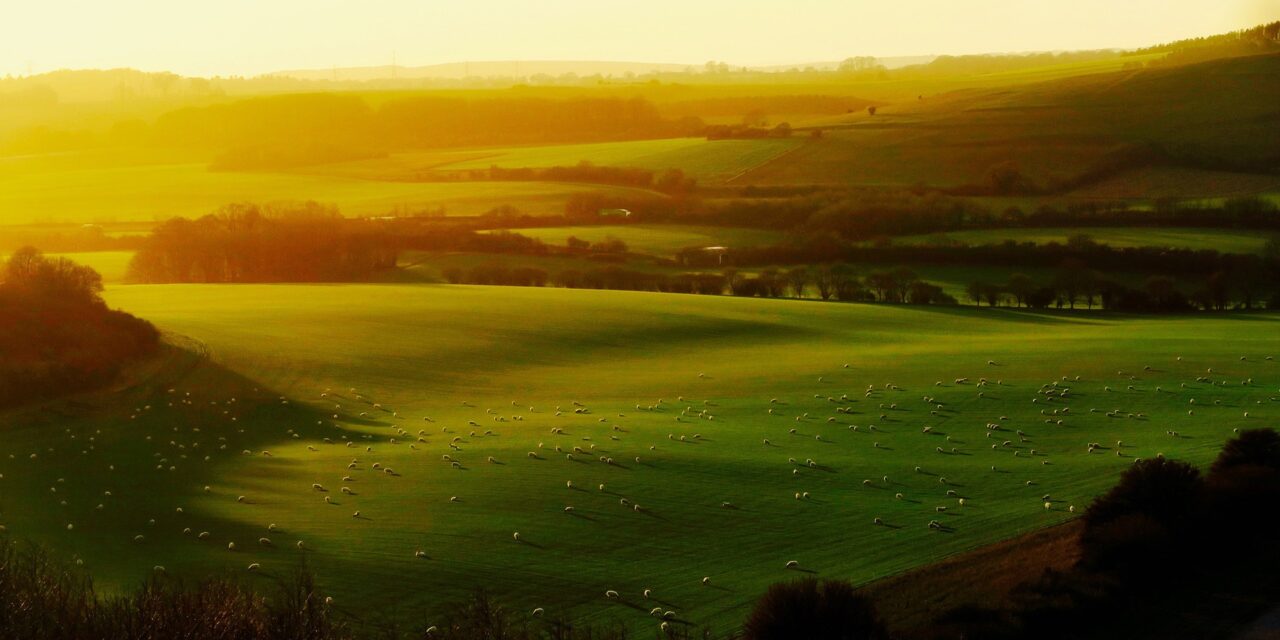
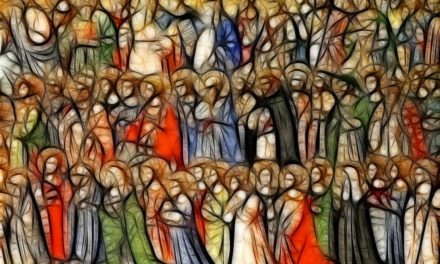
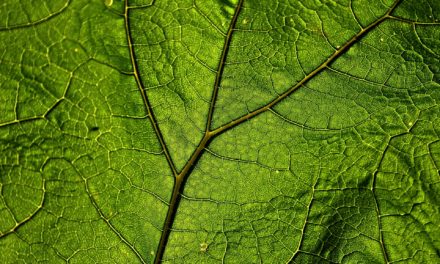
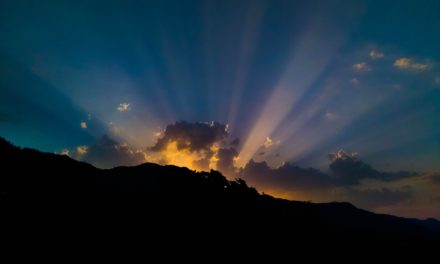
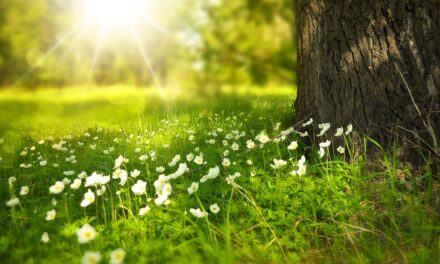

What a stunningly beautiful journey and set of insights – thankyou I could relate to so much of this but you phrased it all so perfectly.
Thank you so much for reading, Jane, and for these kind and thoughtful words. I’m honoured ♡